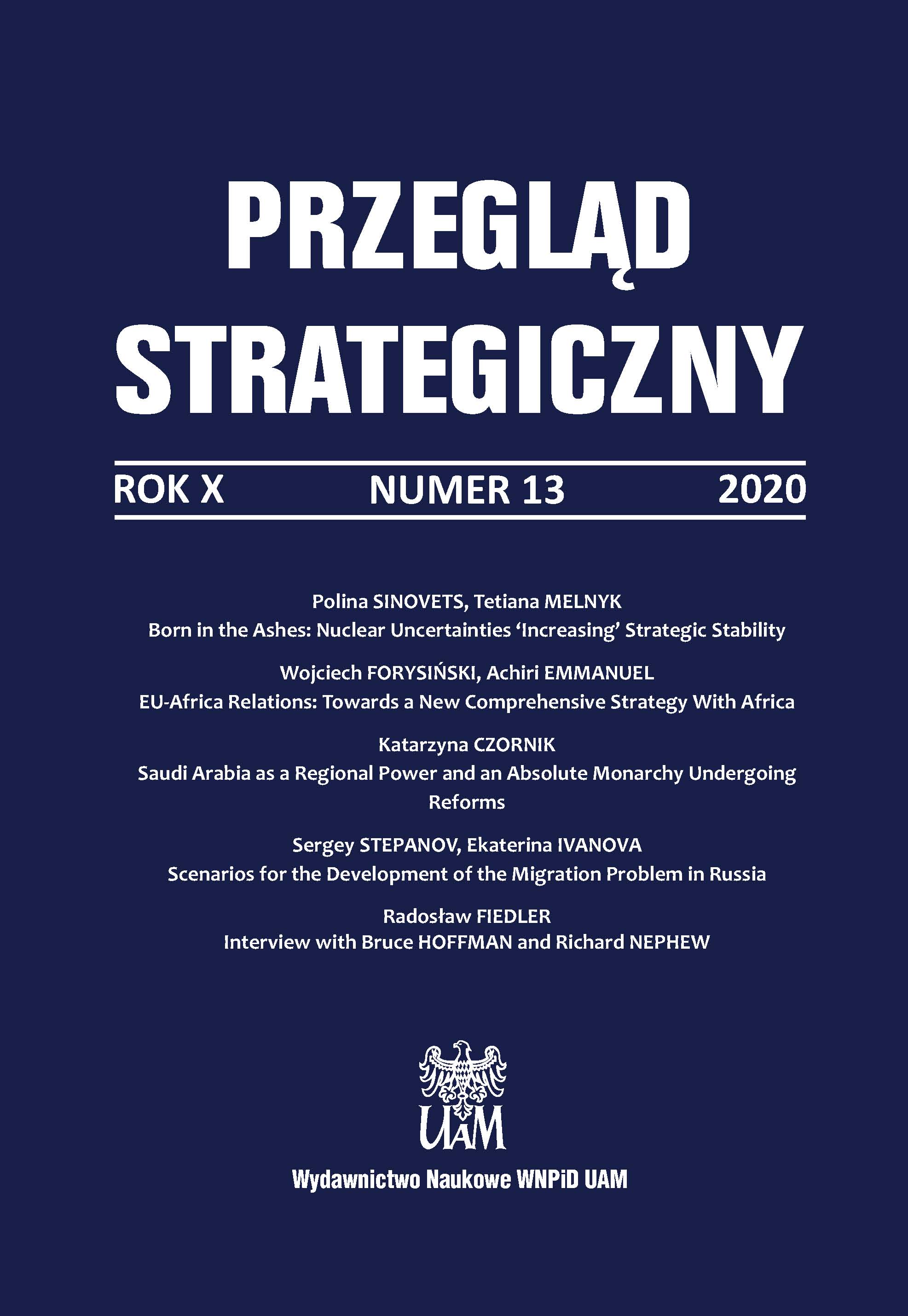The ASEAN’s Attitude to the South China Sea Dispute after the Verdict of the Permanent Court of Arbitration in the Hague
The ASEAN’s Attitude to the South China Sea Dispute after the Verdict of the Permanent Court of Arbitration in the Hague
Author(s): Małgorzata PietrasiakSubject(s): Politics
Published by: Uniwersytet Adama Mickiewicza
Keywords: international relations; South China Sea dispute; Law of the sea; ASEAN;Vietnam;
Summary/Abstract: The South China Sea is the most inflammable area in the region of Southeast Asia due to its natural resources, commercial and political importance. The ASEAN countries directly involved in the dispute have conflicting interests, mainly related to their relationship with China, a pretender for the whole area. Therefore, attemps to settle the dispute are not successful. On July 12, 2016, the Permanent Court of Arbitration in The Hague issued a verdict taking into account the Law of the Sea, in which it accepted the Philippines’s arguments and rejected China’s claims based on historical arguments against the islands in the South China Sea. China did not take part in the trial and found its sentences non-binding but at the same time it has entered into a dialogue with ASEAN on the code of conduct (COC) in the South China Sea. The purpose of the article is to discuss how the parties are involved in the conflict, progress towards signing the Code of Conduct for the Parties in the South China Sea and the attitude of ASEAN countries to this conflict. Due to the degree of dependence of economies on Chinese influence, and relations with other powers, mainly the US, the behavior of individual countries is different. Hence the problem with the organization’s cohesion and attempts to break the deadlock, which have been unsuccessful so far. The basic research hypothesis that will be verified is to maintain the status quo in the South China Sea in the long run. At the same time, it was noted that Vietnam is prepared for long-term actions, based on diplomatic tools combined with a tough attitude, to solve problems related to the sovereignty of disputed areas. ASEAN will have to face up with the issues more consistently, by making greater use of quiet diplomacy. The theoretical basis of the article is Hurrell’s theory of neorealism, which analyzes, among other things, the principles and objectives of regional organizations in the international environment. Hurrell assumes that all regional organizations cannot be understood differently from their regional balance of power and regional dominant forces policy and ASEAN’s attitude proves this point of view.
Journal: Przegląd Strategiczny
- Issue Year: X/2020
- Issue No: 13
- Page Range: 215-227
- Page Count: 14
- Language: English

